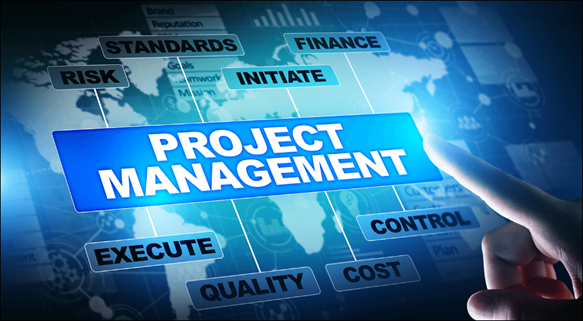The Importance of Quality Control
In the fast-paced world of construction, quality control is a critical factor that determines the success of any project. Poor quality can lead to costly rework, safety hazards, and damage to a company’s reputation. In this edition, we take a deep dive into why quality control matters and how construction teams can ensure high standards in every project.
Why Quality Control Matters
Quality control in construction is essential for several reasons:
- Safety: Poor workmanship and substandard materials can create hazardous conditions, putting workers and future occupants at risk.
- Durability: High-quality construction ensures that buildings and infrastructure last longer, reducing maintenance costs over time.
- Regulatory Compliance: Projects must adhere to local and national building codes to avoid legal issues and fines.
- Cost Savings: Catching and fixing defects early prevents expensive rework and project delays.
- Reputation and Client Satisfaction: Delivering a high-quality project enhances a company’s credibility, leading to repeat business and positive referrals.
Best Practices for Effective Quality Control
To maintain high standards, construction teams should implement the following quality control measures:
- Develop a Comprehensive Quality Plan: Establish clear guidelines and standards before beginning construction.
- Use High-Quality Materials: Source materials from reputable suppliers and inspect deliveries for defects.
- Conduct Regular Inspections: Routine checks at different stages of construction help catch issues early.
- Train and Educate Workers: Skilled labor is key to maintaining high construction standards.
- Utilize Technology: Tools such as Building Information Modeling (BIM) and drone inspections improve accuracy and efficiency.
- Encourage a Quality-First Culture: Every team member should understand the importance of delivering quality work.
Case Study: Quality Control in Action
A recent highway project faced significant delays due to improperly mixed concrete, leading to weak structural integrity. By implementing stricter material inspections and worker training, the construction firm corrected the issue and ensured the project met safety and durability standards. This case highlights the value of proactive quality control.
Final Thoughts
Quality control is not just about meeting industry standards—it’s about exceeding expectations and ensuring long-term success. By making quality a priority, construction firms can improve safety, reduce costs, and build a strong reputation.
Have thoughts on quality control? Share your insights with us!
Stay Safe, Build Strong, and Build Smart!
Subscribe to our newsletter for short and helpful industry tips!








